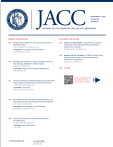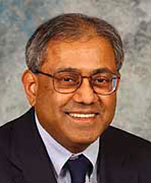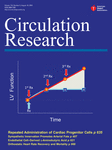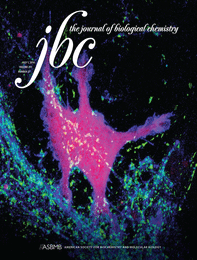
A German district attorney has fined a doctor who participated in a bogus study showing chocolate helps weight loss, designed to illustrate how shady science can make the news, arguing it was unethical to ask people to participate unknowingly in such a scam.
As soon as the study was published, critics raised questions over whether it was appropriate to include volunteers in a bogus clinical trial, which included giving blood. Recently, a German district attorney for professional conduct of physicians ruled that it was not.
In an anonymized version of a decision from the district attorney – who investigates on possible violations of the physicians’ professional law – he fined the doctor who participated in a bogus study about the health benefits of chocolate 500 Euros for not obtaining proper consent from the people who volunteered to participate, and for not involving an ethics committee. Continue reading Doctor who participated in fake chocolate study fined for violating code of conduct


 Are there instances when similarities between papers should be fixed by a correction, rather than a retraction?
Are there instances when similarities between papers should be fixed by a correction, rather than a retraction?


 With so many
With so many 
